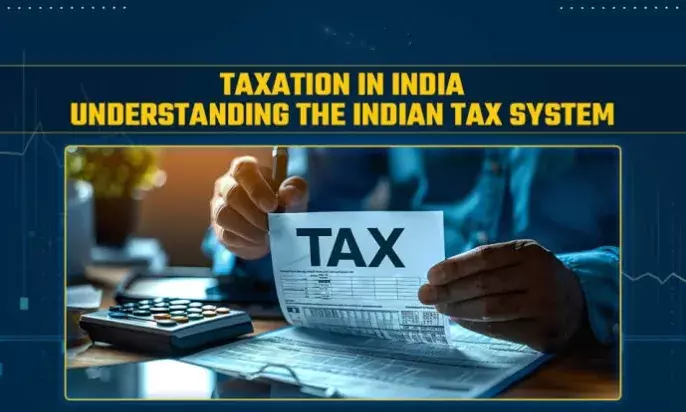Bleeding the Citizen Dry: How India's Tax System Became a Parasitic Mechanism

In the grand narrative of national development, taxation stands as a crucial pillar—a mechanism through which citizens collectively invest in their country's future. Yet, in contemporary India, this noble concept has been distorted into a relentless extraction that follows citizens from their first breath to their final farewell. The recent parliamentary address by Raghav Chadha has thrown into sharp relief a fundamental question that every taxpayer in India is silently asking: What exactly are we paying for?
The lifecycle of taxation in India has become a Kafkaesque journey of perpetual financial drainage. From the moment a child enters the world, the tax machinery springs into action. Newborn vaccinations, hospital room charges, baby care items—each comes with its own tax burden. This isn't merely a financial transaction; it's a systemic squeeze that begins before a citizen can even comprehend the concept of money.
Consider the absurdity: A parent celebrating their child's first birthday must navigate a labyrinth of taxes. The birthday cake? Taxed at 18%. The catering service? Another 18%. A simple photoshoot to capture memories? Taxed again. What emerges is not just a tax system, but a tax *philosophy* that seems designed to extract rather than support.
The problem extends far beyond these individual moments. As Chadha pointedly highlighted, India presents a paradoxical economic landscape—we impose taxes at developed-world levels while providing infrastructure and services more reminiscent of developing nations. This mismatch is not just unfair; it's economically self-defeating.
Take education, a critical pathway for social mobility. Student loans, college tuition, educational materials—all come laden with Goods and Services Tax (GST). Young Indians seeking to invest in their future are effectively penalized for their ambition. The message is clear: aspiration comes with a hefty price tag.
The working professional faces an equally challenging terrain. Income Tax deductions, GST on professional equipment, taxes on investments, transaction fees—each paycheck feels like it's being dissected by multiple financial scalpels. The middle class, often termed the economic backbone of India, is being systematically squeezed.
What makes this situation particularly galling is the lack of corresponding public infrastructure and services. High taxes should translate into world-class healthcare, robust public transportation, quality education, and reliable electricity. Instead, we get fragmented services that fall desperately short of international standards.
The economic implications are profound and immediate. As consumption declines and people's purchasing power diminishes, we witness a dangerous cycle. Lower consumer spending leads to reduced industrial production, which in turn creates fewer jobs and further constrains economic growth. The 80 crore Indians surviving on free ration are not just a social statistic—they are a stark indictment of a system that has lost its balance.
This isn't an argument against taxation itself. Taxes are the lifeblood of any functioning state, enabling critical public services and infrastructure development. The issue is the *disproportionality* and *inefficiency* of the current system.
Real economic reform requires a fundamental reimagining of our taxation approach. This means not just reducing tax rates, but ensuring that every rupee collected translates into tangible public value. It means creating a more progressive tax structure that doesn't disproportionately burden the middle class. It means transparency in how tax revenues are utilized and a commitment to delivering high-quality public services.
Chadha's parliamentary address is more than a critique—it's a wake-up call. It challenges us to look beyond spreadsheets and see the human cost of our current economic policies. Every tax is a social contract, an investment by citizens in their collective future. When that contract feels one-sided, when citizens feel they are being perpetually extracted from without corresponding benefits, the very fabric of social trust begins to fray.
As India positions itself on the global economic stage, we cannot afford such systemic inefficiencies. Our taxation system should be a catalyst for growth, not a mechanism of constraint. It should empower citizens, not exhaust them.
The path forward requires courageous policy-making, a willingness to challenge existing frameworks, and most importantly, a fundamental reimagining of the relationship between the state and its taxpayers. Every rupee collected should be a stepping stone towards a more prosperous, equitable India—not a millstone around the neck of its citizens.

